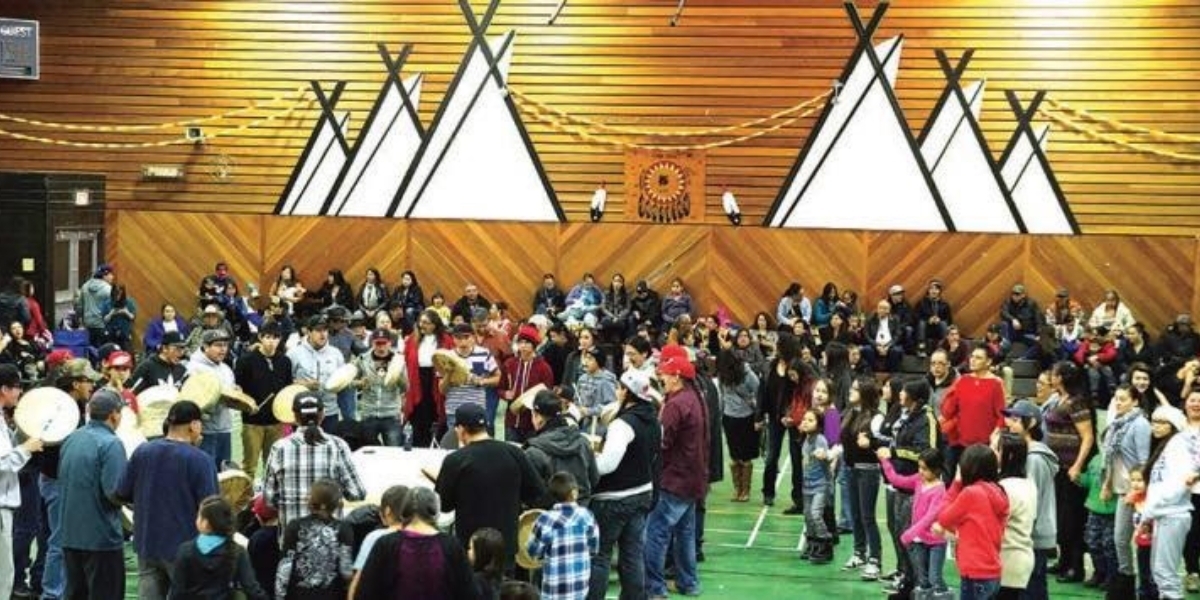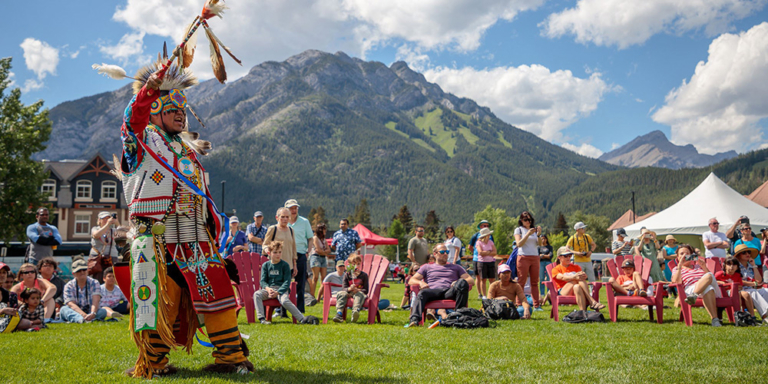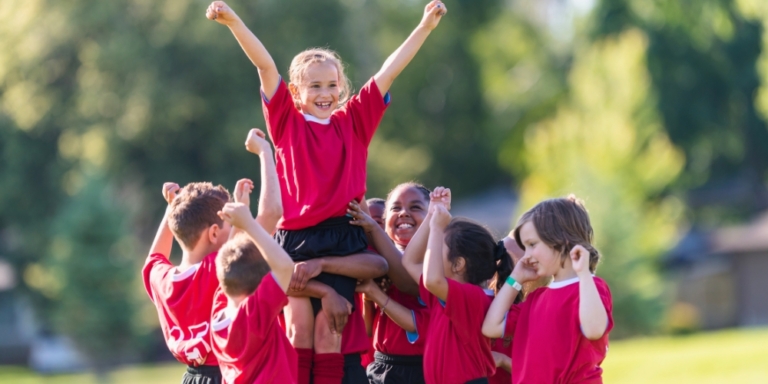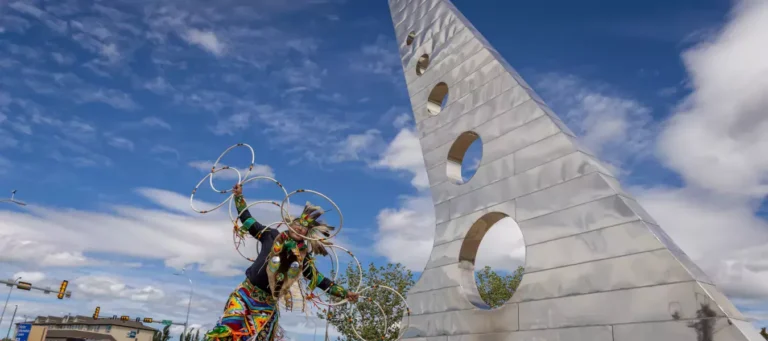The Maskwacis First Nation signed a child welfare agreement with Ottawa last month. This agreement will give the Maskwacis the legal power to control its own child welfare.
Child welfare is made up of a wide range of services to ensure a child’s well-being is secured. These services also the support families need to care for their children successfully.
These services include child care, parenting classes, and mental health services. In Alberta, these services are carried out by the Ministry of Children’s Services (MCS).
But there’s a problem. More than 70% of children receiving aid from the MCS are Indigenous.
That raises a question. If an Indigenous group has the resources to support child welfare, why isn’t it allowed to look after its children?
On February 28, 2019, the federal government asked this same question. To solve this problem, the federal government introduced Bill C-92, which seeks to hand over legal control of child welfare to Canada’s Indigenous groups.
That means any child welfare cases handled by a province must be transferred to their appropriate Indigenous group.
“Every day, Indigenous children in this country are separated from their families, communities, languages, and cultures. An entire generation of Indigenous families are counting on us to get this right. We must not disappoint them,” said Seamus O’Regan, Canada’s Minister of Labour.
Under Bill C-92, five Indigenous groups in Canada have already entered into agreements to receive control over child welfare. Others weren’t as lucky.


In October 2020, the Louis Bull Tribe, one of the four nations of Maskwacis, asked Alberta and Canada to enter an agreement that would allow the tribe to govern its own child welfare. The groups involved were never able to finalize a deal.
But under federal law, if an agreement isn’t made within a year, legal control over child welfare goes to the Indigenous group no matter what.
In October 2021, control was handed over to the Louis Bull Tribe as expected. That meant any cases handled by the MCS were to be handed over to the Asikiw Mostos O’pikinawasiwin Society, the Louis Bull Tribe’s child welfare organization.
But the government of Alberta wasn’t making it easy. According to the organization’s executive director Darin Keewatin, the province refused to hand over all its cases to the Louis Bull Tribe.
“As soon as a tribe steps up to take responsibility and case manage their children, suddenly the ministry is saying, ‘Oh no, That’s not going to happen,”’ said Keewatin.
There were issues with the agreement that Alberta wanted to resolve before signing. Eager to bring their children home, the Louis Bull Tribe has now turned to the federal government.
Now that the Maskwacis First Nations has signed this deal with Ottawa, the Louis Bull Tribe can bring its children home.
Many First Nations think pushback from provinces like Alberta is an insult to Indigenous peoples struggling with a history of colonialism.
They feel that Indigenous children should receive help in an environment they are familiar with, surrounded by their own culture and customs.






